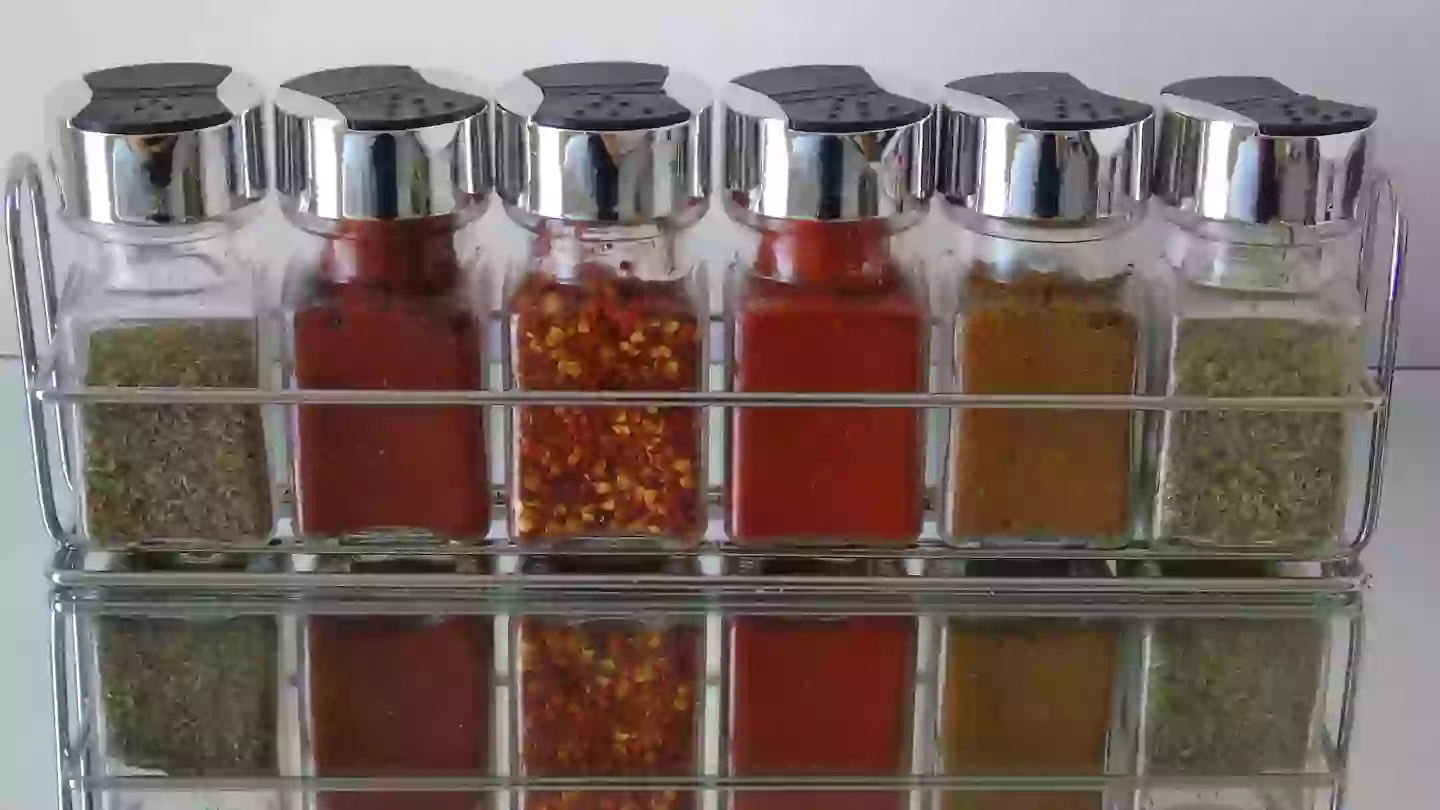
Topics: Food and Drink, Health
To make sure you never miss out on your favourite NEW stories, we're happy to send you some reminders
Click 'OK' then 'Allow' to enable notifications
A popular spice that you almost certainly have in your kitchen cupboard could have a ‘hazardous’ effect on certain types of prescription medicine, a new study has warned.
Many of us are guilty of not looking at the small print, but when it comes to medication it can be crucial to know what you should and shouldn’t do.
Take grapefruit, for example, which really doesn’t mix well with some drugs.
Advert
A few years back, a study in the Canadian Medical Association Journal found that three times the levels of one blood pressure drug called felodipine was reported after patients had a glass of grapefruit juice, compared with a glass of water.
Dr David Bailey, one of the researchers, told the BBC: "One tablet with a glass of grapefruit juice can be like taking five or 10 tablets with a glass of water and people say I don't believe it, but I can show you that scientifically it is sound.
"So you can unintentionally go from a therapeutic level to a toxic level just by consuming grapefruit juice."
And it turns out another common grocery staple could be equally as concerning, with new research finding that you need to be wary of cinnamon if you’re on certain medicines.
Advert

Researchers from the University of Mississipi delved into how cinnamaldehyde - the primary compound in cinnamon – can activate receptors that could speed up the breakdown of certain medications.
This means they may, in turn, become less effective.
“Health concerns could arise if excessive amounts of supplements are consumed without the knowledge of health care provider or prescriber of the medications,” Shabana Khan, a principal scientist involved in the study, said.
Advert
“Overconsumption of supplements could lead to a rapid clearance of the prescription medicine from the body, and that could result in making the medicine less effective.”
In the study, the team said that, while ‘controlled ingestion’ of cinnamon-containing foods or supplements can have ‘beneficial effects’, overconsumption may ‘induce PXR or AhR-dependent herb-drug interactions (HDIs) which can bring deleterious effects on human health, particularly in individuals with chronic health conditions’.
They said cinnamon oil poses pretty much no risk, but cinnamon bark – especially the cheaper Cassia cinammon from China, which is often used for the ground stuff you buy from the supermarket – can potentially lead to issues.

Advert
“True cinnamon from Sri Lanka carries a lower risk due to its reduced coumarin content,” study co-author Amar Chittiboyina, associate director of the National Center for Natural Products Research, explained.
“Coumarin’s anticoagulant properties can be hazardous for individuals on blood thinners.”
As always, your best bet is to speak to a doctor if you’re not sure how cinammon might react with your medication.
“People who suffer from chronic diseases - like hypertension, diabetes, cancer, arthritis, asthma, obesity, HIV, AIDS or depression - should be cautious when using cinnamon or any other supplements,” Khan added.
Advert
“Our best advice is to talk to a health care provider before using any supplements along with the prescription medicine. By definition, supplements are not meant to treat, cure or mitigate any disease.”